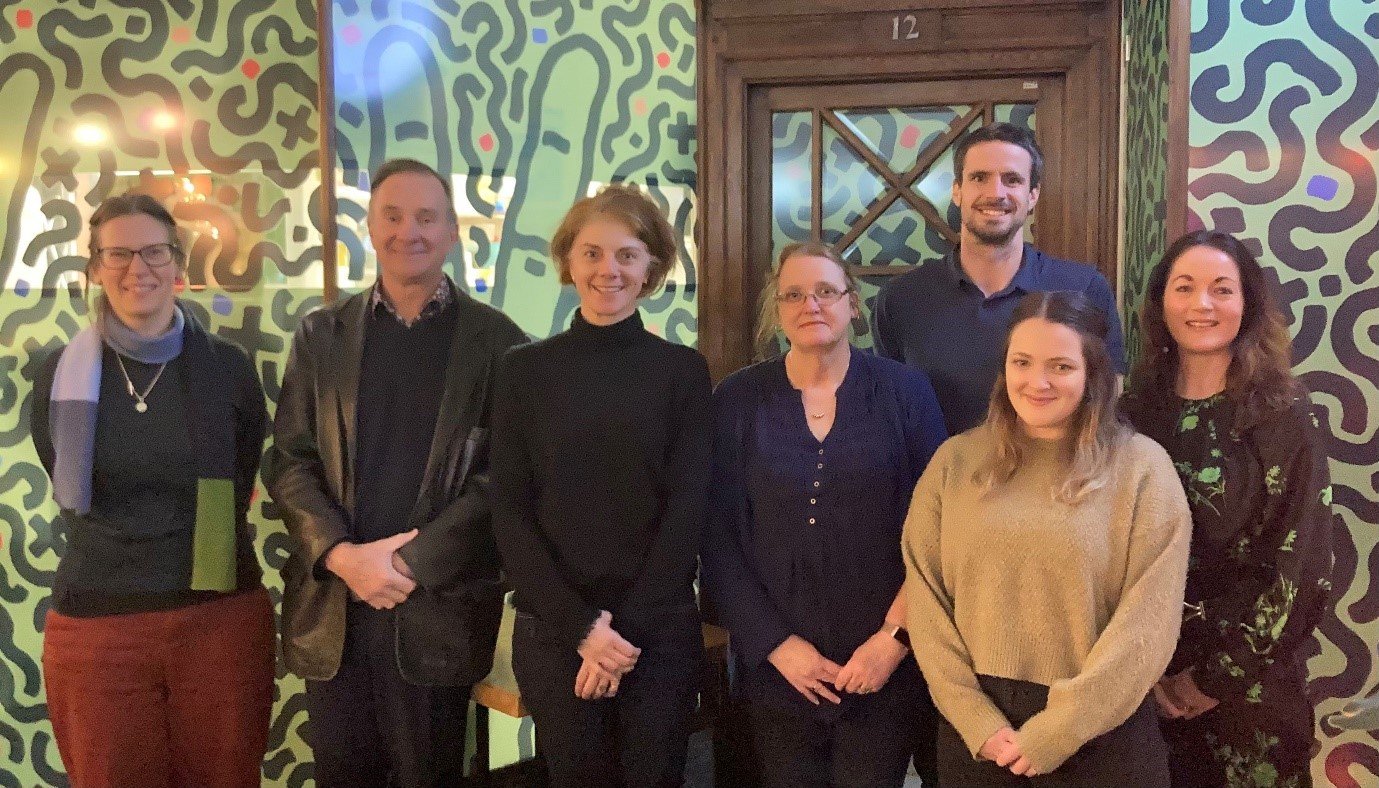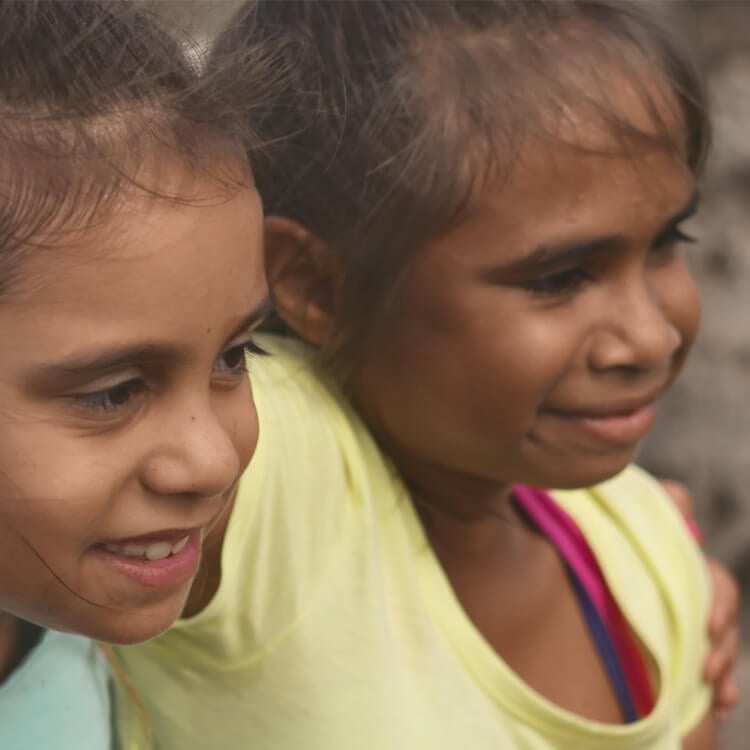Search
Contact us If you'd like to get in touch, please contact us by phone or email. Phone: 0400 450 240 Email: vtg@thekids.org.au The Vaccine Trials Group

Māori and Pacific governance groups discuss and inform study protocols and issues that have arisen during the study, particularly those pertaining to Māori and Pacific ARF patients and their whānau.

News & Events
Hep C can be cured, but many people are still not being treatedPeople living with hepatitis C in WA are being urged to take part in a new project, aimed at encouraging the take-up of treatment.
Thank you to our Sponsors Contact us If you'd like to get in touch, please contact Marie Nadal-Sims by phone or email. Phone: (08) 6319 1001 Email:
Contact us If you'd like to get in touch, please contact us by phone or email. Phone: 0400 450 240 Email: vtg@thekids.org.au Meningococcus (Neisseria
The Wesfarmers Centre is pleased to announce the successful applications for the 2017 Round 2 Wesfarmers Centre Seed Funding. The Wesfarmers Centre
Eight applicants were successful, and were awarded $15,000 each for activities supporting subsequent research grant applications.
In 2014, the Wesfarmers Centre of Vaccines & Infectious Diseases put out a first call for seed funding proposals.

National Healthy Skin Guideline: for the Prevention, Treatment and Public Health Control of Impetigo, Scabies, Crusted Scabies and Tinea for Indigenous Populations and Communities in Australia

Preventing over half of the world’s ear infections with a therapy such as Spritz-OM will significantly improve health and educational outcomes on a global scale.
